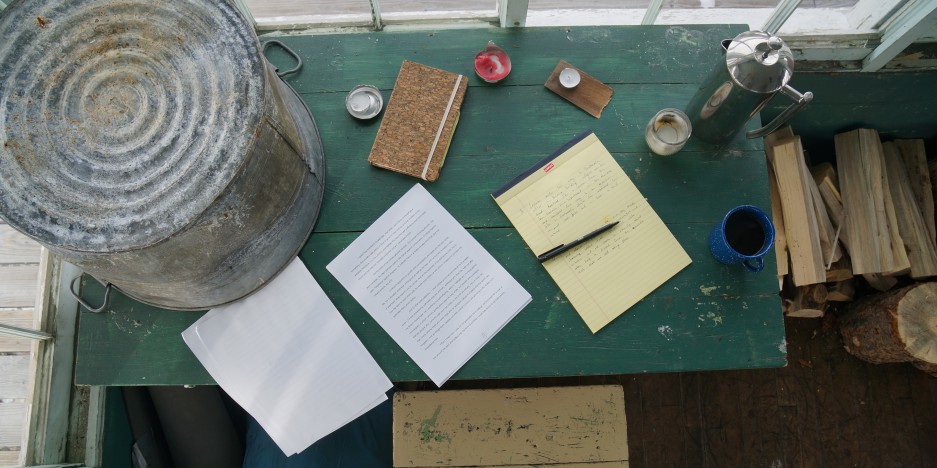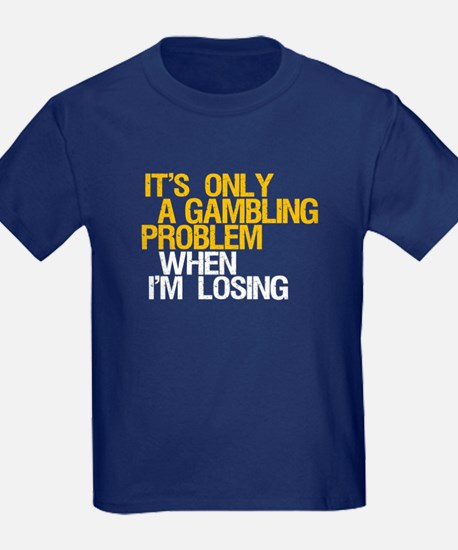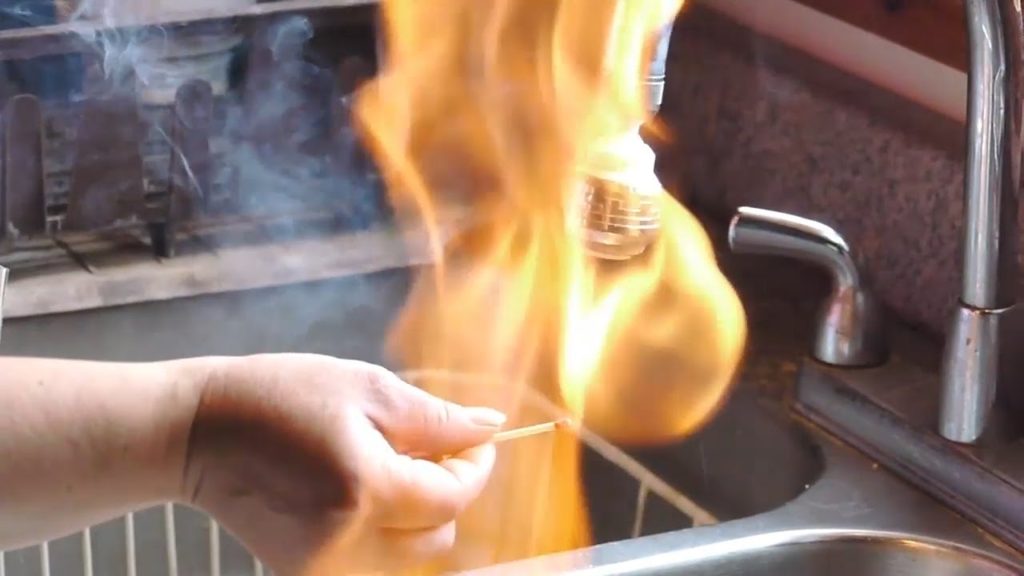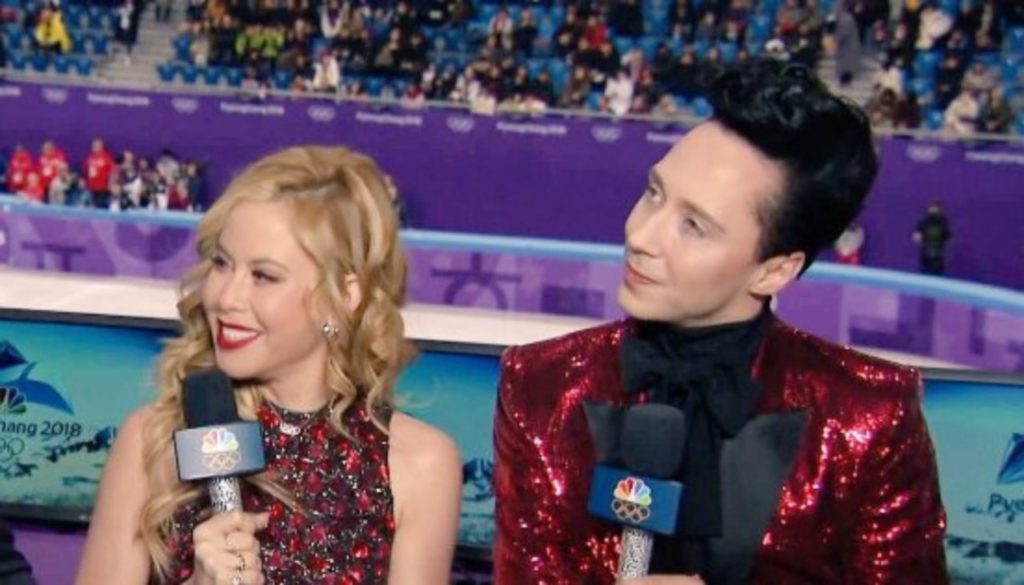Gambling is a funny thing. Like any good vice it’s a thing we all kind of do from time to time, but savor in sanctimonious condescension over those who go too far. And like any good vice it’s dubiously legal, and the rules don’t really make sense.
You can gamble on some Indian Reservations, and in Nevada, but not on the internet. Well, that’s unless you’re in a bar, where you can play video poker but not live poker (except for sometimes) and Black Jack is a definite no-no. Keno is a demon to be feared, but Bingo? Bingo is fine.
You can bet on dogs, and horses, and horses with little humans on top, and horses with little people in little carts behind them, but not on people who do the running themselves. You can’t bet on football, unless it’s fantasy football, which is still really just football.
But one thing we’re all pretty much on the same page about is gambling on children. That’s off limits. Betting on a kids’ t-ball game, or a swim meet, or spelling bee, or whatever, stands out pretty clearly as rock bottom for a gambling problem.
It stands to reason, then, that collegiate sports should probably fall into that same category as betting on pee-wee hockey. After all, the vast majority of NCAA athletes will never compete professionally. In very competitive sports, like basketball, the best players on the best teams are drafted to the NBA after a single season of collegiate play. These young phenoms are 17 and 18 years old – literally children. Gambling on children, even exceptionally talented ones, can’t be morally tenable, right?
But then, doesn’t everyone gamble on children when they’re their own? Isn’t that what designer Montessori schools and college savings accounts are? $10,000 sleepaway camps and the Little League World Series scouting trips? A gamble that the child will blossom and flourish into an adult of means and love enough to care for infirm parents?
Isn’t a week away from the office (oh, the opportunity cost!) for a family hike in the Shawangunks a gamble that the child will learn to love the natural world, or a bit of self-sufficiency, or at the very least to appreciate those high thread count bed sheets back at home?
What decision over the life and rearing of a child is not a gamble? And who are we, as a culture, to say that we can bet on the lives of our own progeny and not the athletic performance of others? It’s a travesty. A nanny-state run wild. If it’s fair game to send your kid to Harvard Business Summer Camp and pump them full of performance enhancing drugs to crush me in life, it’s hard to concede that I should not be able to place one little bet on one little basketball game for a few days in March.
Categorizing the NCAA basketball tournament as off limits to gambling is ludicrous. On what grounds can that argument be made? That the NCAA is a non-profit? That somehow the event is all about sport, and nothing about the money? That’s outrageous. The NCAA is as much a cartel as the Sinaloa or the IOC. Any argument against gambling on the March Madness tournament boils essentially down to the fact that the NCAA can’t control it, and therefore can’t profit from it.
I say let the floodgates go. Sure, we can still draw a line at bookmaking on AYSO games, but let’s stop pretending that gambling on basketball, or on children, is taboo.
Like










